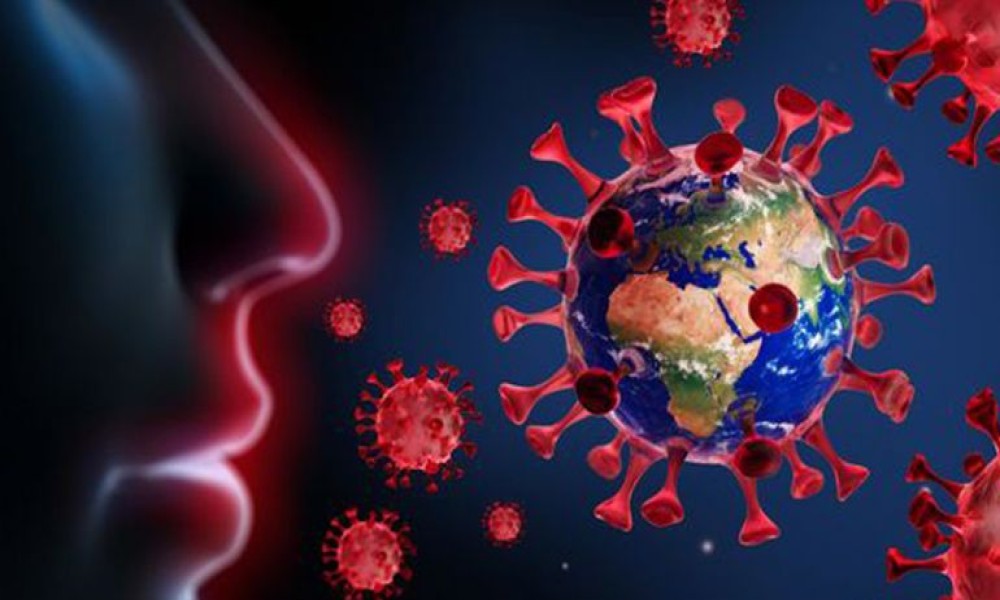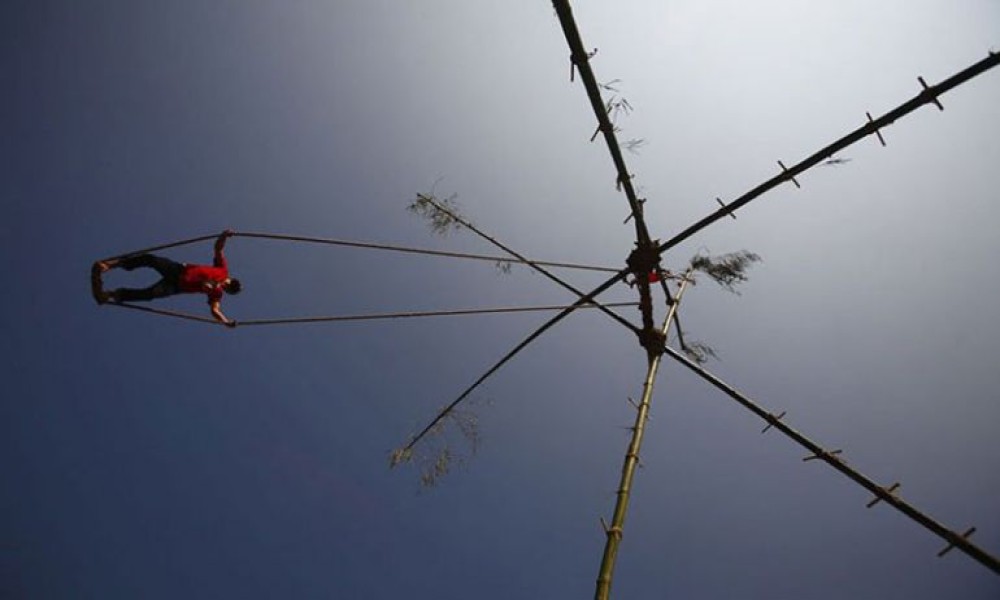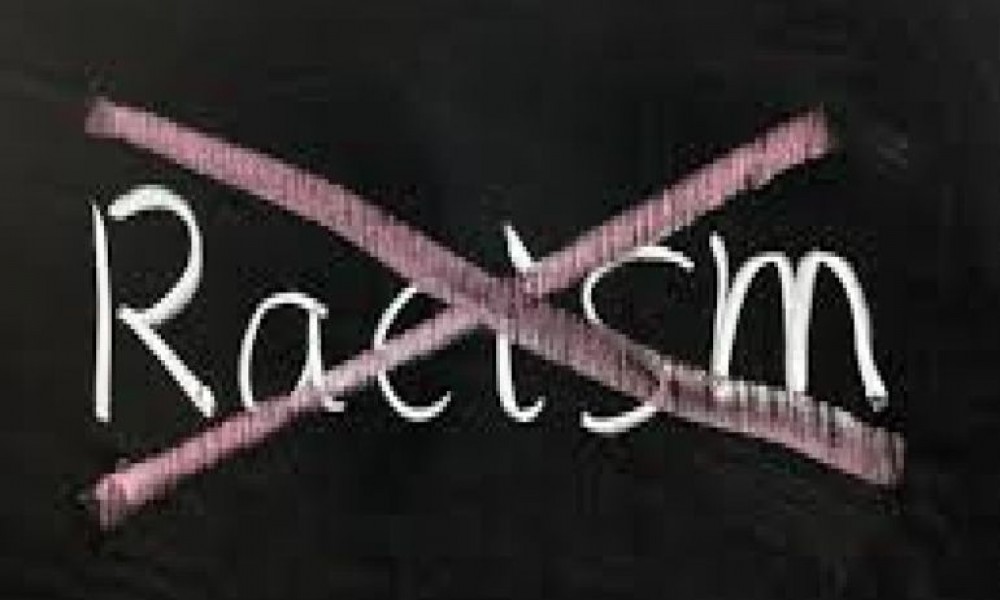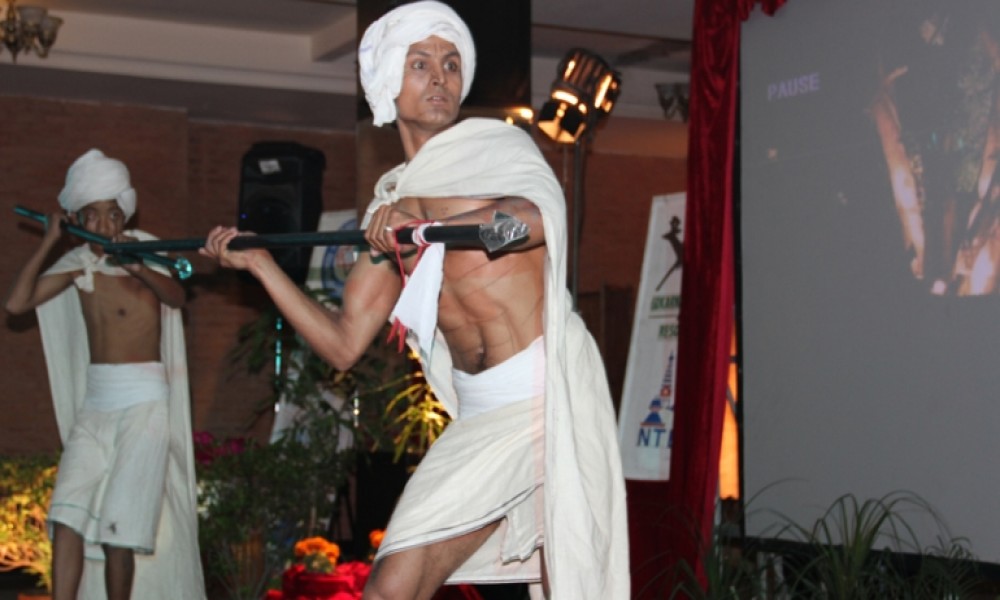Covid-19 reaffirms the relevance of indigenous lifestyle
Each one of us is a part of our own history, no matter on which part of the planet we live. By studying our history, we understand how our society was engineered and shaped by our ancestors.
As we struggle to survive one of the worst pandemics of human history ever, it may be a good idea to look at a history of deadly contagious diseases that changed the world in different eras. Making sense of history of past pandemics will help us understand how our society might evolve in the wake of the Covid-19.
As the coronavirus spreads, humanity is confronting a few important questions: what message do we want to pass on to future generations? How do we want future generations to evaluate our response to the Covid-19?
Humanity has faced so many outbreaks in the past, but three deadly pandemics stand out from the others. Each of these three pandemics killed nearly half the global population. The first of these pandemics had started in Byzantine empire circa 541 AD. In 1347, another global epidemic started from Italy, which was known as 'black death'. In 1665, another deadly epidemic known as plague started from London, which is believed to have killed all people in the city of Constantinople. The plague started from Europe and travelled to most parts of Asia, Africa and the Arabian nations.
The Covid-19 has yet not reached the scale of these three past epidemics in terms of human casualty, but it is certainly the deadliest epidemic inflicted upon our generation.
The Covid-19 has yet not reached the scale of these three past epidemics in terms of human casualty, but it is certainly the deadliest epidemic inflicted upon our generation. And no one knows for sure when this pandemic will end.
Every past pandemic has changed the world, and the way people live. The plague also change the world for once and all. Until then, people in Europe had been enjoying freedom. The state never entered into people's private spaces.
But when it became clear that the plague had started from a mouse, the state announced a plan to kill all the rats. Police began entering into private houses in the name of killing rats, which led to the state's first attack on individual liberty. When people spoke out against this infringement on privacy rights, they were arrested and incarcerated. The State started building prison houses to jail the dissenters.
Historian and social theorist Michel Foucault has written about how the plague turned out to be an excuse for the State to snatch away civic liberty in his book 'Discipline and Punish: the Birth of Prison'.
This book still resonates with us because we are living in a very familiar time: the Covid-19 is killing us, and the State is robbing us of our freedom in the name of containing the contagious disease. The State is disciplining us, and we are obeying. But we are losing our freedom in the process.
The Covid-19 has also re-established the relevance of the lifestyle of Indigenous Peoples, exposing the limitations of capitalism and globalization.
But the Covid-19 has also re-established the relevance of the lifestyle of Indigenous Peoples, exposing the limitations of capitalism and globalization. One of the reasons why we are struggling to contain this pandemic is that Indigenous Peoples are made to abandon their traditional lifestyle.
Had indigenous lifestyle survived in Dhorpatan, indigenous youth from that area would have not probably stayed home tilling land and raising cattle. But capitalization and globalization spread so widely that they were prompted to go to toil in the Gulf. When the Gulf got affected by the coronavirus, they lost their jobs and forced to return home.
It is an indication of how much capitalism has rotten from inside, and we must rethink our lifestyle.
This is a shortened and translated version of an article based on conversation with sociologist Dr Krishna Bhattachan, originally published in www.samachardainik.com










